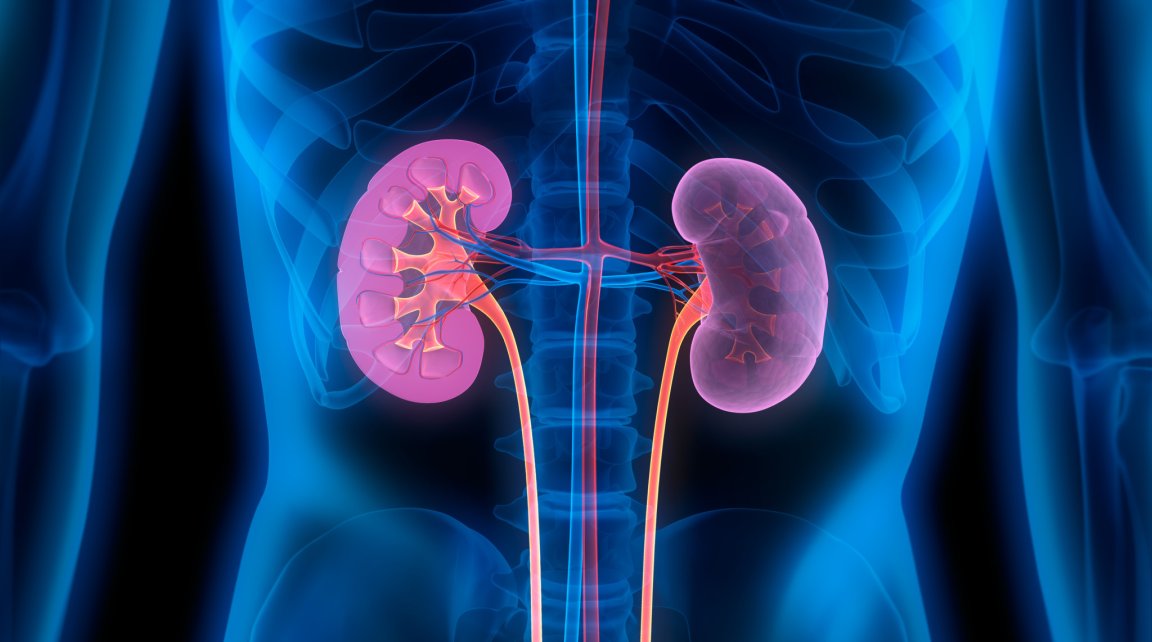
Changing treatment
A new study being presented at the American Society of Nephrology (ASN) Kidney Week 2016 at McCormick Place in Chicago is poised to revolutionize kidney failure treatment. Dutch researchers Dimitrios Stamatialis of the University of Twente, Roos Masereeuw from the University of Utrecht, and their teams have successfully engineered a key requirement for a functional bioartificial kidney.
Using conditionally immortalized human renal proximal tubular epithelial cells (ciPTECs) on polyethersulfone-based hollow fiber membranes, the researchers managed to form a “living membrane” consisting of a tight kidney cell layer on artificial membrane surfaces. They were able to demonstrate that the cell monolayer is indeed a functional one, as it can transport molecules from one side to the other.
“[This is] an important step towards the development of a bioartificial kidney device,” according to Stamatialis. “The strategies and methods of this work could be relevant to the development of other bioartificial organs, such as a bioartificial liver or bioartificial pancreas, and organs on chips — such as a kidney on chip, a lung on chip, or a liver on chip.”

Synthetic organs
A functional bioartificial kidney could make dialysis or transplantation unnecessary for the millions of patients suffering from renal failure (about 26 million in the United States alone). Although synthetic, its components are still largely based on biological materials, as described above. This is what’s wonderful about developing synthetic organs for treatment purposes — they can work seamlessly with organic systems already in place.
Thanks to developments in synthetic biology, medical researchers are getting quite good at engineering synthetic organs. They’ve already been able to grow artificial lungs and create mini-retinas using stem cells, as well as 3-D print artificial bones and a heart. More progress in the field is still needed as it’s far from perfected, but where conventional and contemporary medicine fails, the medical developments of the future will prevail.